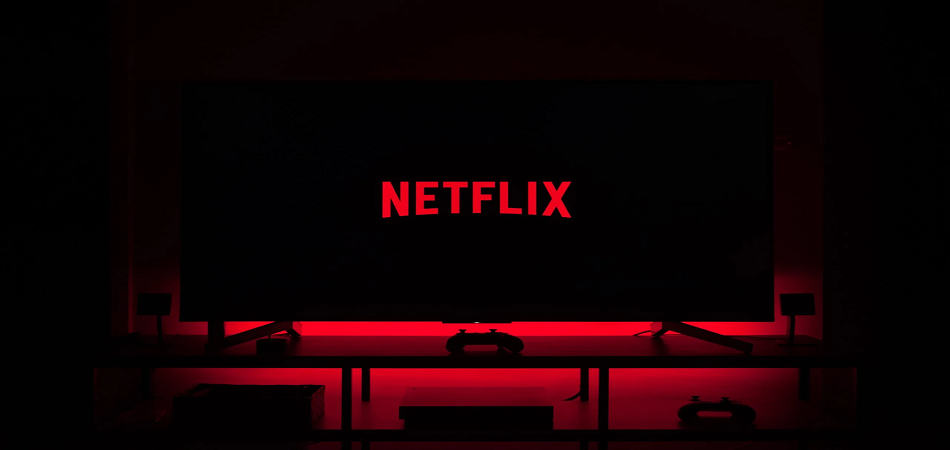Elon Musk’s SpaceX is preparing the kind of market debut that could reshape global capital markets for years, with early planning pointing to an initial public offering in 2026 that aims to raise more than $25 billion and potentially value the company above $1 trillion, a person familiar with the talks told Reuters.
The discussions with banks are underway, and advisers say SpaceX is eyeing a June or July listing window, though the company has not commented publicly on the plan.
Such a valuation would place SpaceX among the most valuable companies ever to go public. It would be the first U.S. IPO to cross the trillion-dollar threshold, and only the second globally. Saudi Aramco remains the sole company to debut at that scale after its $1.7 trillion listing in 2019.
Musk already holds a dominant stake in SpaceX, which means a public listing on these terms could dramatically expand his personal fortune. Analysts who follow the private-market valuations of SpaceX say that a trillion-dollar IPO would push Musk’s net worth sharply higher, because so much of his wealth is tied to SpaceX’s privately held equity.
While there is no precise public calculation of how much his wealth might increase, the sheer size of the offering — and the potential jump from an $800 billion private-market valuation to a $1 trillion or even $1.5 trillion public-market valuation — would significantly escalate the value of his holdings. For a private startup that has never been publicly listed, moving into the trillion-dollar range would instantly reprice Musk’s ownership at levels that could rival or surpass his Tesla-derived wealth.
The IPO discussions are unfolding at a pivotal moment. After three years of stagnation, the U.S. IPO market is showing signs of life in 2025, and Wall Street executives are optimistic that 2026 will be the strongest listing year since before the pandemic. Samuel Kerr, head of equity capital markets at Mergermarket, said SpaceX “has been on the dream-list of several investors for years,” adding that the sector is now viewed as essential to defense, satellite expansion, and the emergence of orbital data infrastructure.
Starlink, the satellite broadband service built inside SpaceX, is at the heart of these expectations. The company is rolling out direct-to-mobile connectivity while scaling its satellite constellation globally. At the same time, SpaceX is moving ahead with Starship, its massive next-generation rocket intended for lunar landings and eventual Mars missions. These two engines of growth underpin projections that SpaceX could generate about $15 billion in revenue in 2025, rising to between $22 billion and $24 billion in 2026, according to a person familiar with internal forecasts.
A trillion-dollar valuation is not just a symbolic milestone. It would effectively catapult SpaceX into the top tier of U.S. publicly traded companies, sitting alongside Apple, Microsoft, Nvidia, and Alphabet. For many institutional investors, particularly those that missed the early private rounds, a public listing would be the first chance to buy a stake in a company that dominates the commercial launch market, controls a fast-growing global broadband network, and is evolving into a strategic infrastructure provider for multiple governments.
Interest in a listing intensified last week after a report suggested SpaceX was preparing a secondary share sale at an $800 billion valuation. Musk publicly rejected that report, calling it inaccurate, but private-market demand remains deep. SpaceX is currently the world’s second most valuable private startup after OpenAI, according to Crunchbase. OpenAI and rival Anthropic are also exploring potential listings, creating the possibility of an AI-and-space-powered IPO wave in 2026.
Steve Studnicky, UBS Group AG’s co-head of Americas ECM, said a SpaceX debut could shatter the narrative that highly valued startups no longer need to go public.
“A lot of people over the last few years have felt the super high-value private companies don’t need to go public and maybe they’d never go public,” he said. “Now, these companies are coming forward saying there is a path to a public listing and that’s helpful for a lot of companies and investors who want to see them lead the way.”
If SpaceX proceeds with a blockbuster offering, the implications for Musk’s wealth would be unavoidable. For years, much of his fortune has been difficult to value precisely because it has been tied up in private equity. A public listing would create a transparent market price for SpaceX shares for the first time. Given the size of the valuation under discussion, that revaluation would likely be enormous. It is this shift — from private-market estimates to public-market pricing — that analysts say could generate one of the largest single-year increases in the wealth of any corporate founder in modern history.
Even so, the offering is expected to trigger questions about corporate governance. Musk already leads Tesla, SpaceX, X (formerly Twitter), and several experimental ventures. Dan Coatsworth, head of markets at AJ Bell, said pressure would intensify after the listing.
“If SpaceX did float, expect growing pressure on Musk to commit to only one of his listed entities – Tesla or SpaceX,” he said. “It’s hard to see how one individual could run two $1 trillion+ companies at the same time.”
The broader space race adds another dimension. Several billionaires, including Jeff Bezos, are pouring vast sums into rockets, satellites, and lunar exploration. NASA is leaning more heavily on commercial partners, and defense spending in the United States is rising, turning space into a strategic battleground for technology, national power, and data infrastructure.
If SpaceX goes public in mid-2026, the deal could be the market’s gravitational center for the entire year. A single offering that raises more than $50 billion — which bankers say is possible — would exceed the annual U.S. IPO volume in eight of the past thirteen years, excluding SPACs and closed-end funds, according to Bloomberg data. Rob Stowe, Barclays’ head of Americas ECM, said “large deals have their own gravity,” and a SpaceX listing would be the kind of event that pulls global markets into its orbit.
For Musk, it would be more than a liquidity event. It would be the first time the public markets place a definitive price on the company that has defined his reputation in aerospace and technology. And if SpaceX lands at the trillion-dollar level analysts are contemplating, that valuation alone could reshape not only market history but also the financial standing of its founder, whose fortune is already one of the largest in the world.
Like this:
Like Loading...






